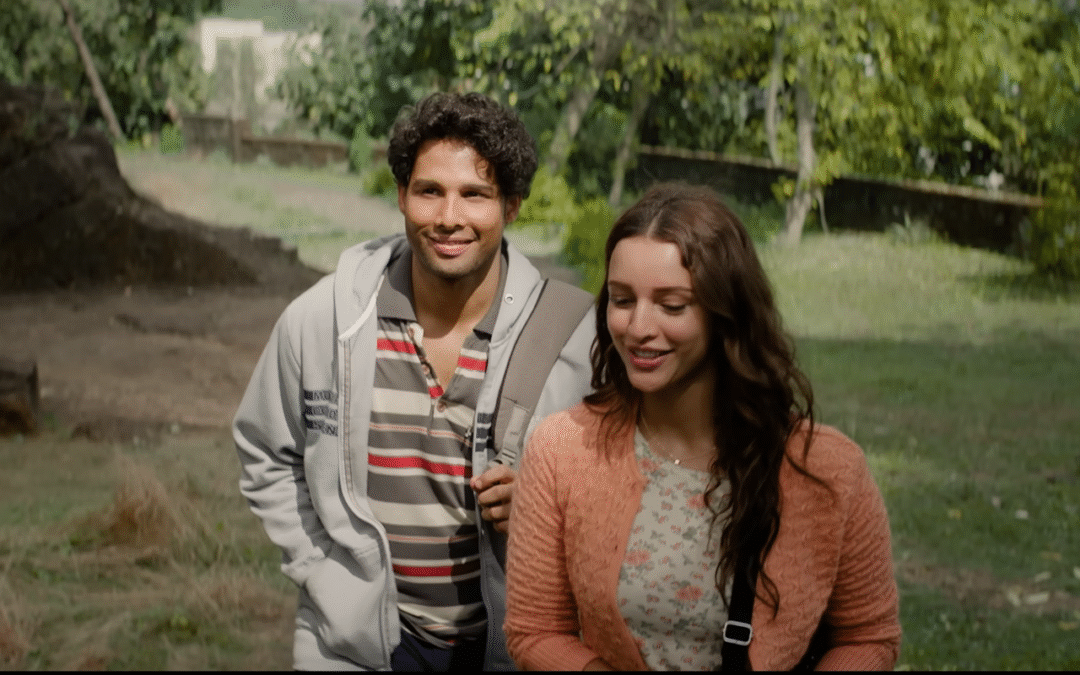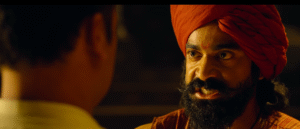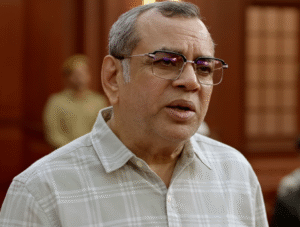Introduction
Dhadak 2, directed by Shazia Iqbal and released in theatres on August 1, 2025, is a bold attempt to revisit social issues often sidelined in mainstream Bollywood.
Serving as a spiritual sequel to the 2018 film Dhadak but narratively distinct, it adapts the critically acclaimed Tamil film Pariyerum Perumal, presenting a raw and unapologetic story entrenched in the harsh realities of caste discrimination in India.
Unlike its predecessor’s romantic tragedy tone, Dhadak 2 delves deeper into systemic oppression, exploring not just love but the societal barriers that threaten it.
The film’s setting—a law college—adds layers of irony and poignancy as we watch characters navigate their dreams amid entrenched prejudice.
The cinematography favors realism with candid shots that highlight the emotional and physical landscapes the characters inhabit. The soundtrack stays understated, weaving subtle emotion without overpowering the narrative.
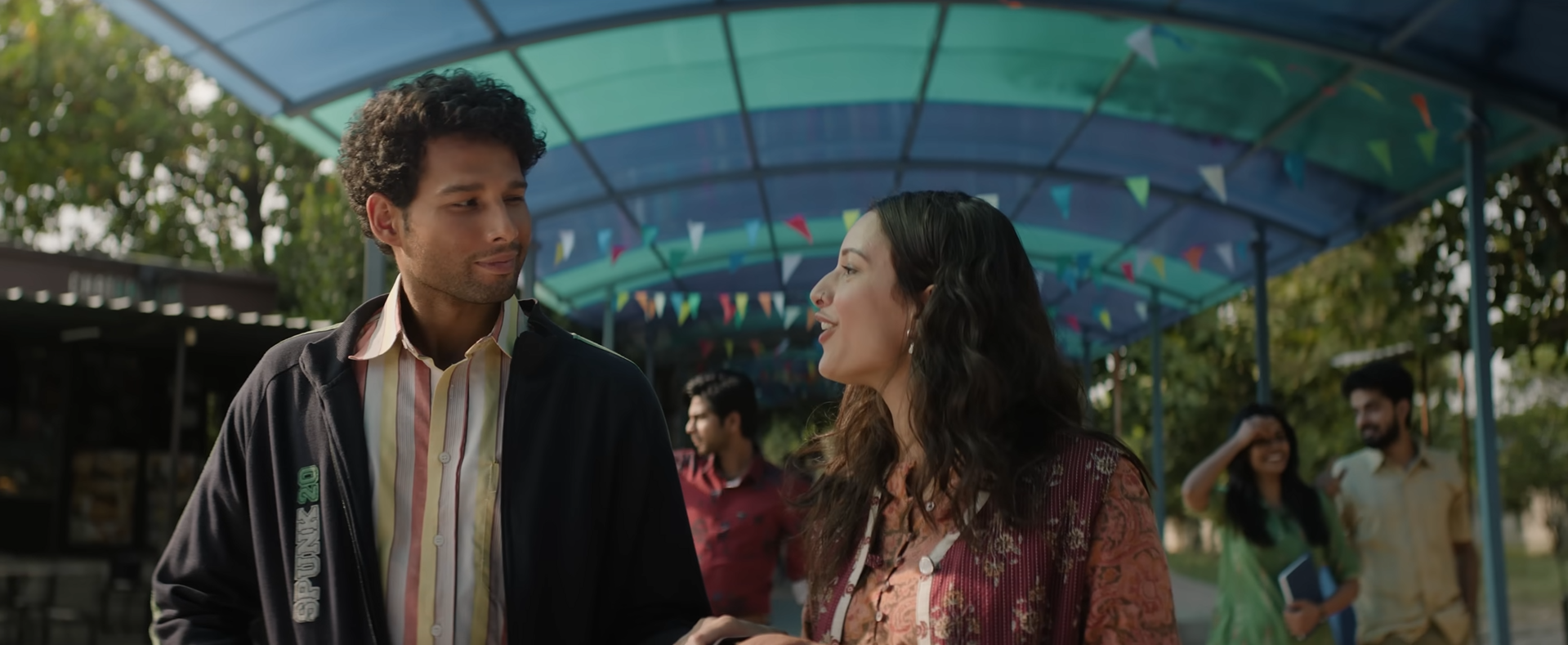
Plot
Without revealing spoilers, the plot centers around Nilesh (Siddhant Chaturvedi), a law student from a marginalized caste, whose budding love for Vidhi (Triptii Dimri), an upper-caste classmate, ignites a story of struggle, resilience, and awakening.
Their relationship unfolds amid humiliation and casteist hostility from Vidhi’s family and society, forcing Nilesh to confront the harsh realities of systemic injustice and fight for dignity and space.
The film carefully portrays the emotional fallout from social exclusion and the subtle, yet painful, ways in which casteism infects everyday life.
The narrative balances Nilesh’s personal growth, Vidhi’s evolving understanding of caste dynamics, and the broader social commentary on caste violence and discrimination.
While the first half dwells on the romantic arc and the brunt of caste-based hostility, the second half raises the stakes with moments of gripping intensity and defiance.
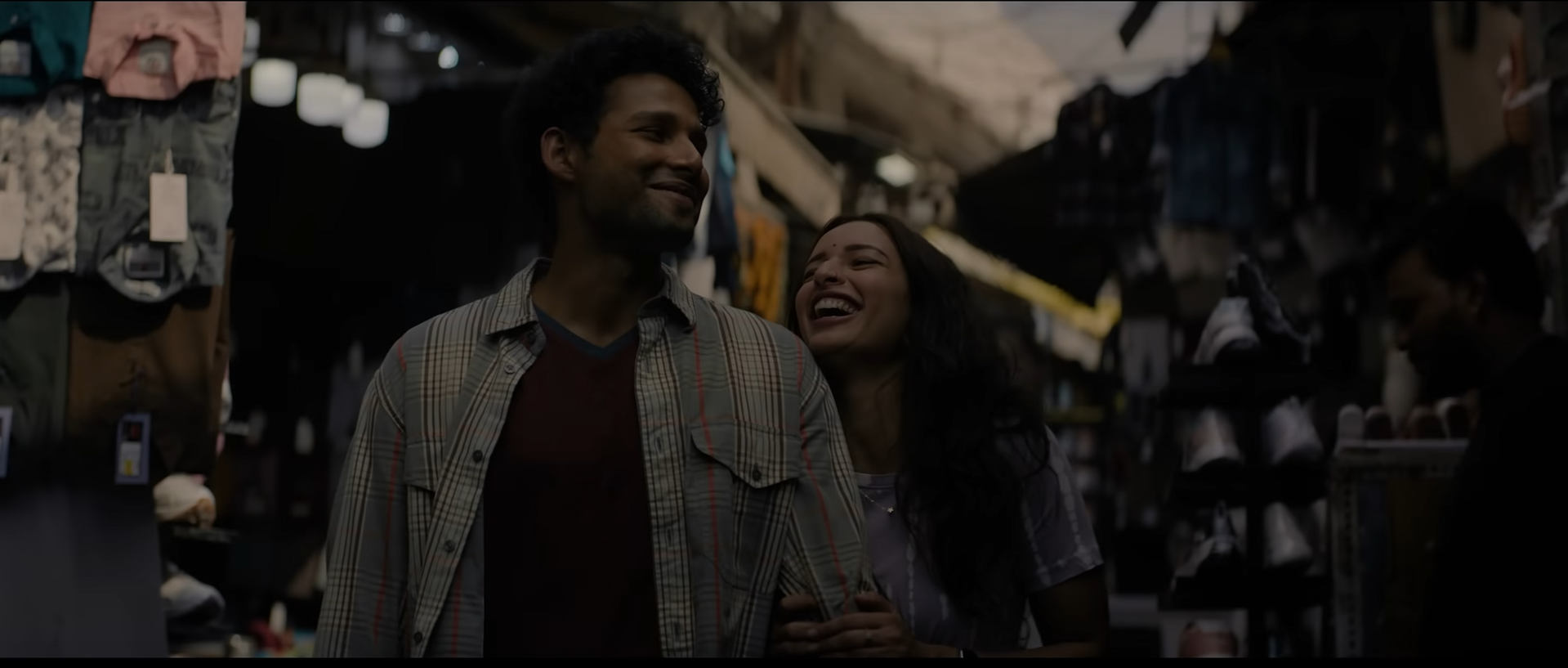
Performance and Direction
Siddhant Chaturvedi delivers arguably his career-best performance as Nilesh, portraying a young man whose quiet suffering simmers beneath a veneer of calm, finally breaking into moments of poignant defiance.
His subtle expressions and silences powerfully convey inner turmoil, trauma, and simmering anger. Triptii Dimri surprises many by shedding her usual ‘glam’ tag to deliver a layered, sincere performance as Vidhi.
She blends vulnerability with strength, particularly shining in emotionally charged scenes where her character confronts her own privilege and societal conditioning.
Supporting actors, including Zakir Hussain, Harish Khanna, and Saurabh Sachdeva, add authenticity to the story with natural performances that avoid caricature.
Direction by Shazia Iqbal is honest and gutsy, though occasionally cautious compared to the Tamil original.
Iqbal’s screenplay attempts to juggle emotional storytelling with social commentary, but the pace lags in parts and the film sometimes struggles to maintain consistent narrative intensity.
Still, the director commands difficult themes with sensitivity, giving enough space for moments to breathe.
What Works
Powerful Performances: Siddhant Chaturvedi and Triptii Dimri’s performances are the film’s pillars, bringing realism and emotional weight.
Grounded Social Message: The film candidly highlights the insidious impact of caste discrimination without sugarcoating.
Well-Realized Setting and Characters: The law college milieu and supporting cast imbue credibility into the story.
Emotional Climax: The final act’s tension and confrontation make for some of the film’s most haunting and memorable moments.
What Doesn’t Work
Slow Pacing: The first half focuses heavily on romance, tends to drag, and can test viewers’ patience.
Underdeveloped Romance: The chemistry between the leads, while credible, sometimes feels forced compared to the original Dhadak.
Overwrought Moments: Some scenes get preachy or melodramatic, diluting the rawness of the social themes.
Final Words
Siddhant Chaturvedi’s sensitive portrayal of Nilesh and Triptii Dimri’s nuanced Vidhi elevates the film beyond familiar tropes to deliver a socially relevant narrative.
For those open to a grounded, socially conscious romance that boldly addresses caste discrimination, Dhadak 2 delivers a powerful message wrapped in sincere performances—even if it stops short of roaring as loudly as it could have.

